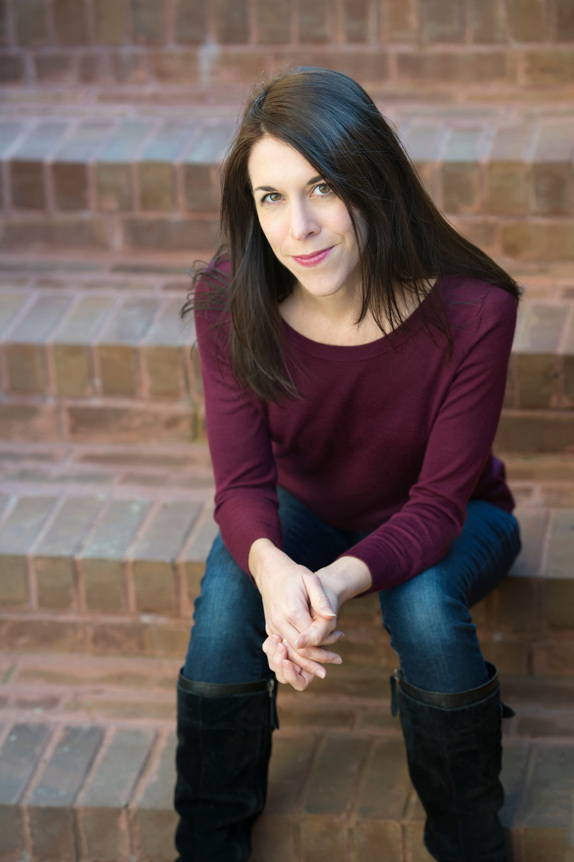Contact: Karyn Brown


STARKVILLE, Miss.—Two Mississippi State faculty authors are being honored by the Mississippi Institute of Arts and Letters and will receive awards Saturday [June 3] during the 38th annual awards ceremony in Cleveland.
Catherine Pierce is this year’s poetry award recipient, with Jason Morgan Ward recognized for nonfiction.
MIAL gives annual awards to creative individuals in seven categories: fiction, nonfiction, visual art, musical composition (concert), musical composition (popular), photography and poetry. The out-of-state judges are prominent professionals in their respective fields.
Pierce, an associate professor in MSU’s Department of English and co-director of the creative writing program, is the poetry award winner for her recent book of poems, “The Tornado Is the World” (Saturnalia, 2016). Pierce describes this book as an “ode to the wonder of the quotidian” and said she feels extremely honored to have received this award.
“Mississippi has a really incredible community of writers and artists, and I feel very lucky to be a part of that community,” Pierce said. “This book is a personal one, and it’s especially gratifying to have it recognized in this way.”
Pierce said “The Tornado Is the World” is written in three sections and chronicles an EF-4 tornado’s destruction of a small town.
She explained each section has its own thematic concern.
“Section one is concerned with ideas of looming, but not-quite-tangible danger, and the third section details the strange, glowing aftermath of crisis,” Pierce said, adding that the two form a bookend effect for the middle section.
Ward, an associate professor of history, is being recognized for his nonfiction work “Hanging Bridge: Racial Violence and America’s Civil Rights Century” (Oxford University Press, 2016).
A doctoral graduate of Yale University, Ward’s award-winning nonfiction book examines the history of racial tension in Shubuta, where many Civil Rights era lynchings took place. His book focuses on a few major town events: a mob lynching of two black men and two pregnant women in 1918, a lynching of two black teenagers in 1942, and the efforts of local civil rights activists in 1966.
“I appreciate the recognition but more importantly the work that the Mississippi Institute of Arts and Letters does to recognize authors and artists. That support is needed now more than ever, and I hope that Mississippians will continue to support its advocacy and publicity efforts,” Ward said.
For more on the Mississippi Institute of Arts and Letters, visit www.ms-arts-letters.org.
MSU’s College of Arts and Sciences includes more than 5,000 students, 300 full-time faculty members, nine doctoral programs and 24 academic majors offered in 14 departments. It also is home to the most diverse units for research and scholarly activities, including natural and physical sciences, social and behavioral sciences, and the humanities.
For more information on MSU’s College of Arts and Sciences, visit www.cas.msstate.edu.
MSU is Mississippi’s leading university, available online at www.msstate.edu.